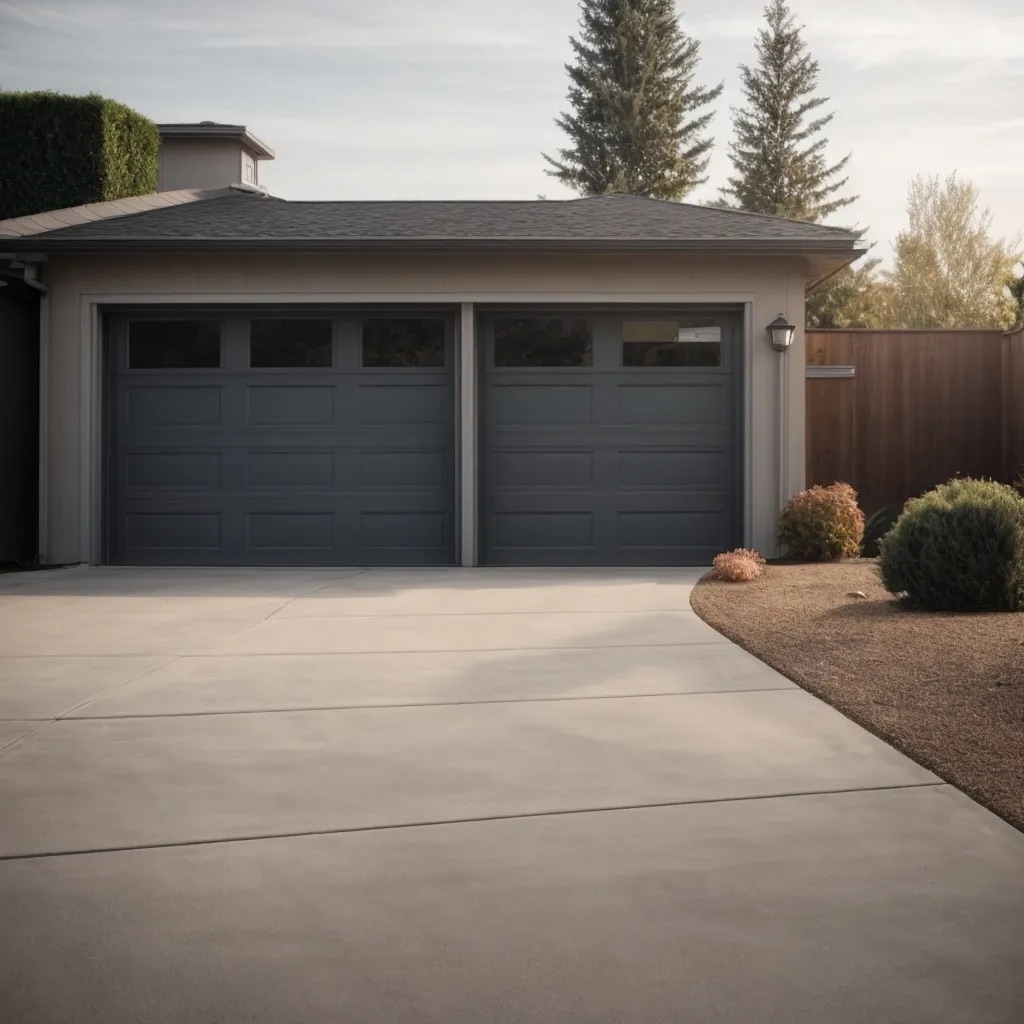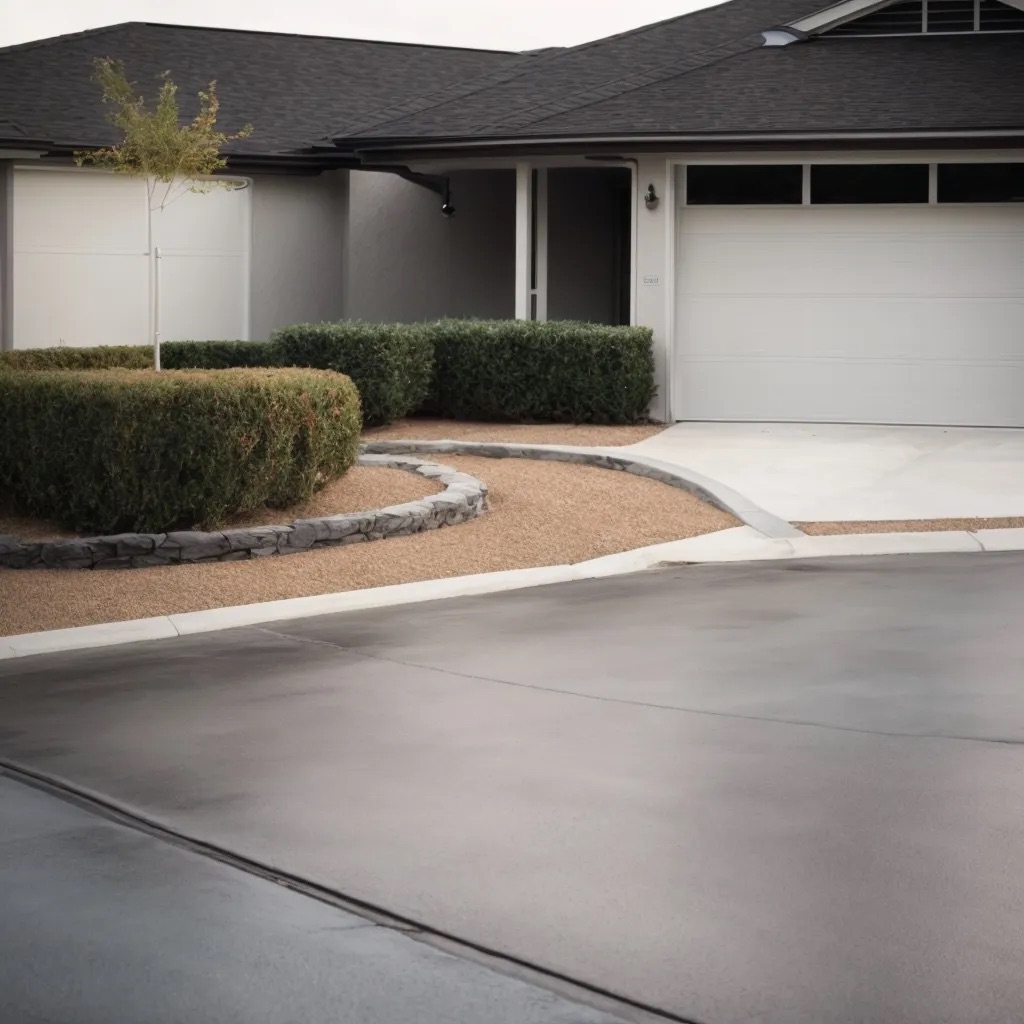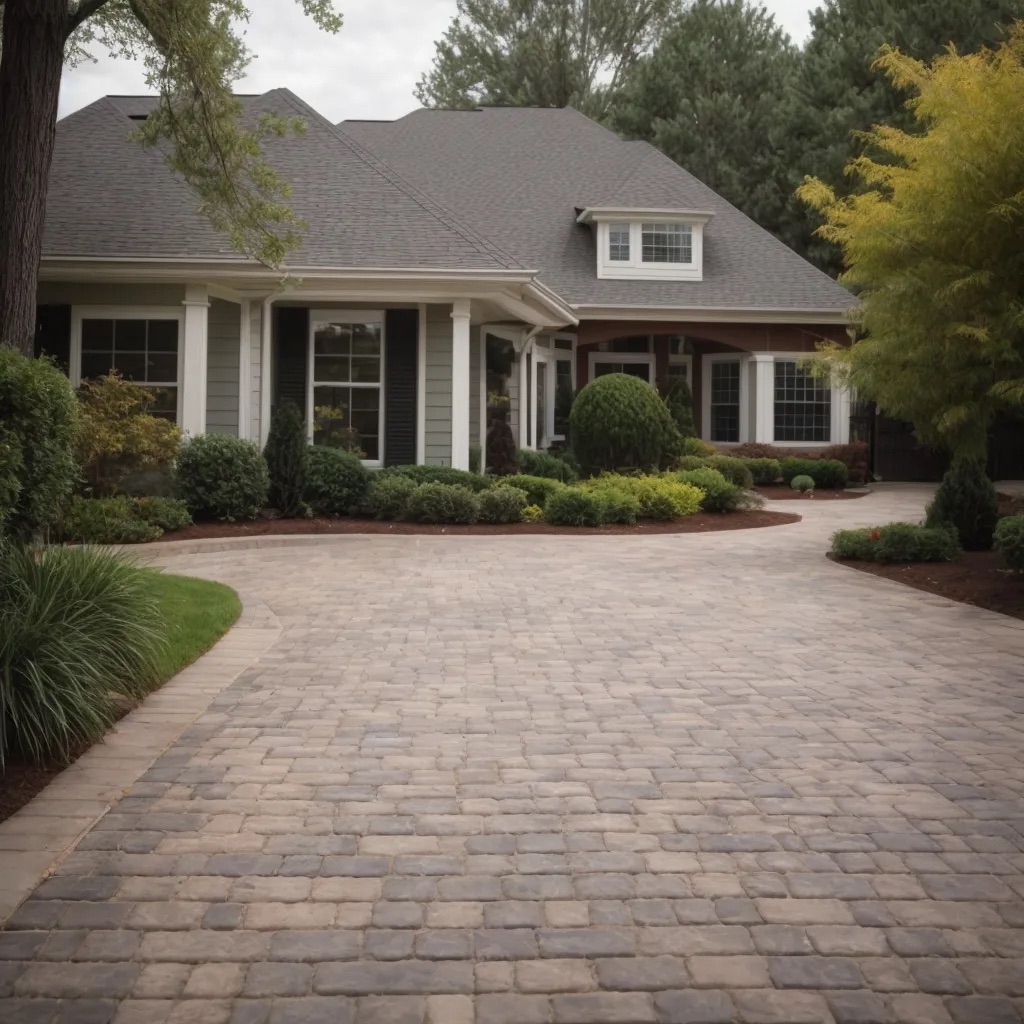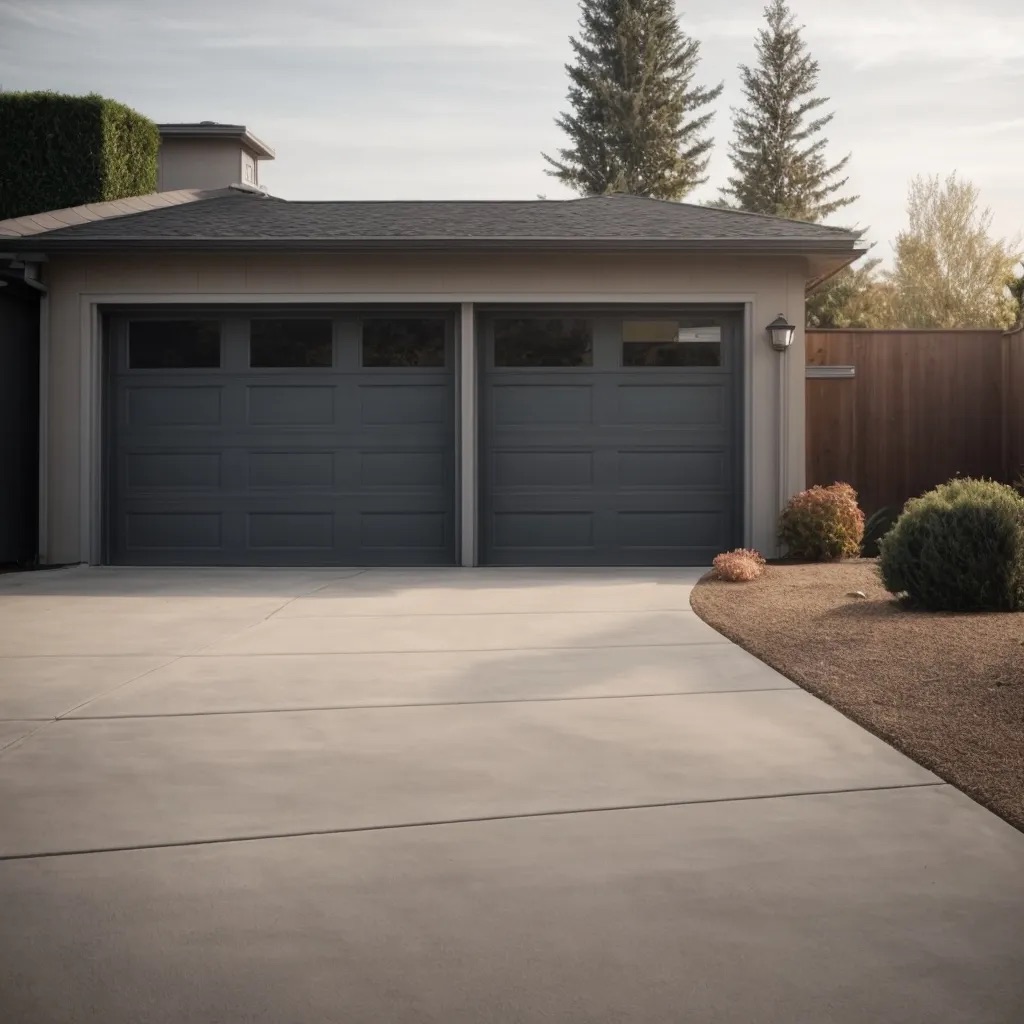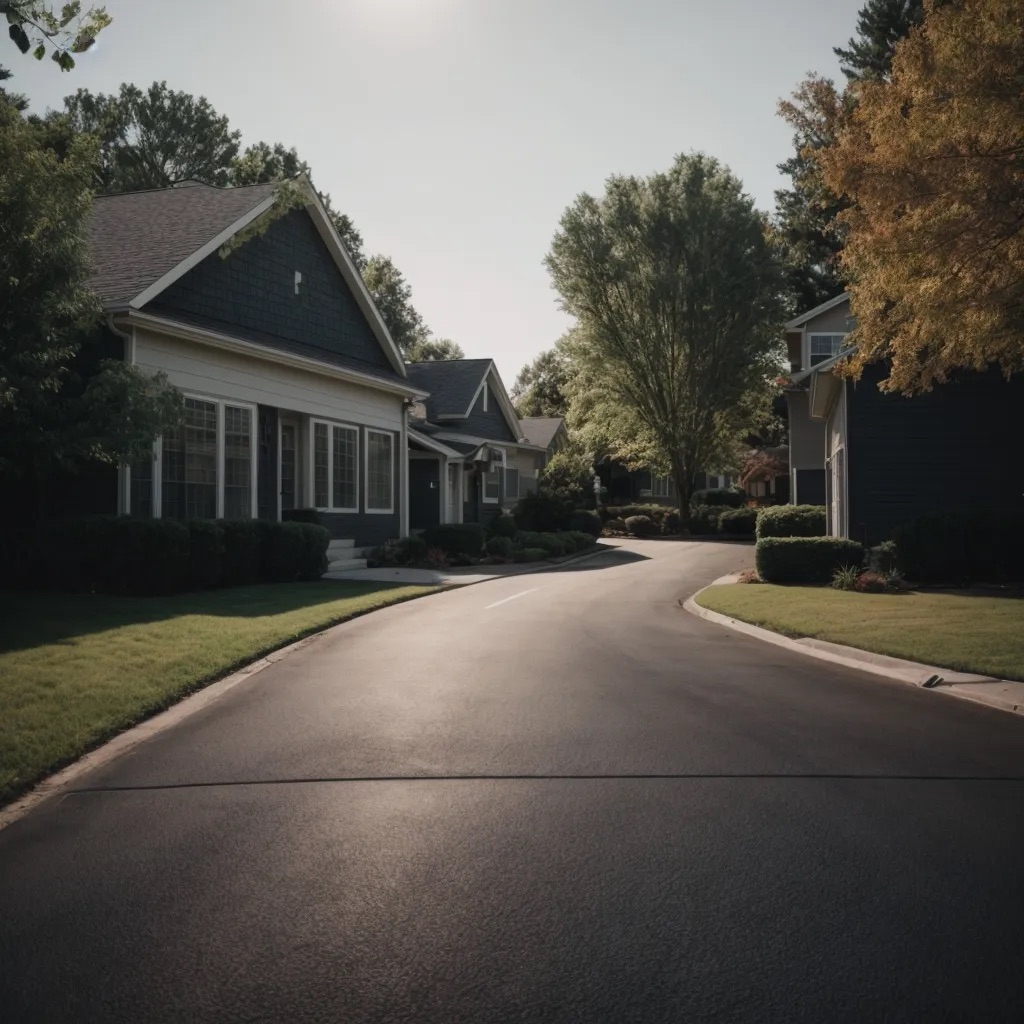When it comes to enhancing the curb appeal of your property, one area that often gets overlooked is the driveway. Choosing the right paving material for your driveway can significantly affect cost, durability, and aesthetic appeal.
In this article, we will delve into three popular options: asphalt, concrete, and gravel driveways. By exploring their key characteristics, we aim to help you make an informed decision for your next driveway project.
Asphalt Driveways: Affordable and Versatile
Asphalt driveways have long been popular due to their affordability and versatility. They are composed of a mixture of aggregate (stone and sand) and asphalt cement, which acts as a binder. Asphalt driveways offer several advantages, including:
Cost-Effectiveness: Asphalt driveways are generally more affordable than concrete driveways. The initial installation costs are lower, making it an attractive option for homeowners on a budget.
Quick Installation: Compared to concrete, asphalt driveways can be installed relatively quickly. Depending on the size of the project, a new asphalt driveway can typically be completed within a few days.
Durability: Asphalt driveways are known for their durability and ability to withstand heavy loads. They have the flexibility to adapt to slight ground movements without cracking. Regular maintenance, such as sealing every few years, can significantly extend their lifespan.
Aesthetic Appeal: While asphalt driveways may not offer the same level of visual appeal as some other options, they still have a clean and professional look. Additionally, they are available in different colors, allowing homeowners to choose an option that complements their property.
Concrete Driveways: Solid and Long-Lasting
Concrete driveways are renowned for their strength and longevity. Made from a mixture of cement, water, and aggregate, they provide a solid surface that can withstand heavy traffic and harsh weather conditions. Consider the following aspects of concrete driveways:
Durability: Concrete driveways are exceptionally durable and can last for several decades when properly maintained. They are resistant to cracking, shrinking, and expanding, making them an excellent choice for areas with extreme temperature variations.
Design Options: Concrete driveways offer a wide range of design options, including various patterns, colors, and finishes. With decorative techniques like stamping and staining, homeowners can create unique and eye-catching designs that enhance their property’s overall aesthetic appeal.
Maintenance: While concrete driveways are generally low maintenance, occasional sealing, and regular cleaning are necessary to maintain their appearance and prevent stains. If cracks do appear, they can be repaired easily with filler materials.
Cost Considerations: Concrete driveways tend to have a higher initial installation cost compared to asphalt. However, their long lifespan and minimal maintenance requirements can make them a cost-effective choice in the long run.
Gravel Driveways: Natural and Rustic
Gravel driveways offer a unique and rustic appeal that complements a wide range of architectural styles. They consist of loose aggregate materials such as crushed stone, gravel, or pebbles. Let’s explore the characteristics of gravel driveways:
Affordability: Gravel driveways are often the most budget-friendly option among the three. The cost of materials and installation is generally lower than that of asphalt or concrete.
Easy Installation: Gravel driveways are relatively easy to install and can be completed quickly. They require a solid base and proper drainage to prevent erosion and maintain their stability.
Aesthetic Appeal: Gravel driveways provide a natural and rustic look that can enhance the overall charm of a property. They come in various colors and textures, allowing homeowners to create a customized look that complements their landscaping.
Maintenance: Gravel driveways require regular maintenance to keep them in good condition. This includes adding fresh gravel to fill in any depressions, grading the surface to ensure proper drainage, and controlling weed growth.
Durability: While gravel driveways can withstand heavy loads, they are more susceptible to erosion and shifting compared to asphalt or concrete. They may require occasional regrading and replenishing to maintain a level surface.
Choosing the Right Driveway for Your Needs
Ultimately, choosing between asphalt, concrete, and gravel driveways depends on your specific needs and preferences. Consider the following factors when making your decision:
Budget: Evaluate your budget and determine which option aligns with your financial constraints.
Durability: Consider the climate and the level of traffic your driveway will endure. Choose a material that can withstand the expected wear and tear.
Aesthetic Appeal: Determine the desired look for your property and select a driveway material that complements your overall landscaping and architectural style.
Maintenance: Assess the time and effort you will dedicate to maintaining your driveway.
By carefully considering these factors, you can make an informed decision that meets your requirements for cost, durability, and aesthetic appeal.
Key Takeaways
- Asphalt driveways are cost-effective, quick to install, durable, and available in different colors, although they may have less visual appeal than other options.
- Concrete driveways are durable, offer various design options, require minimal maintenance, and have a higher initial installation cost but can be cost-effective in the long run.
- Gravel driveways are affordable, easy to install, provide a natural and rustic look, require regular maintenance, and may be more susceptible to erosion and shifting.
- Consider your budget, durability requirements, aesthetic preferences, and maintenance commitment when choosing a suitable driveway material.
- Consulting with professionals can help you make an informed decision that balances cost, durability, and aesthetic appeal.

